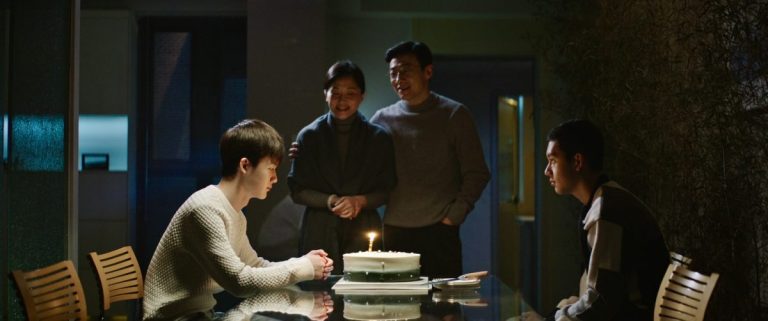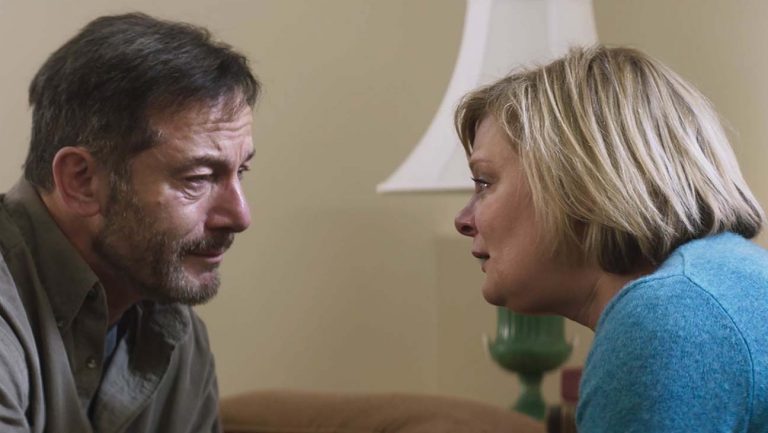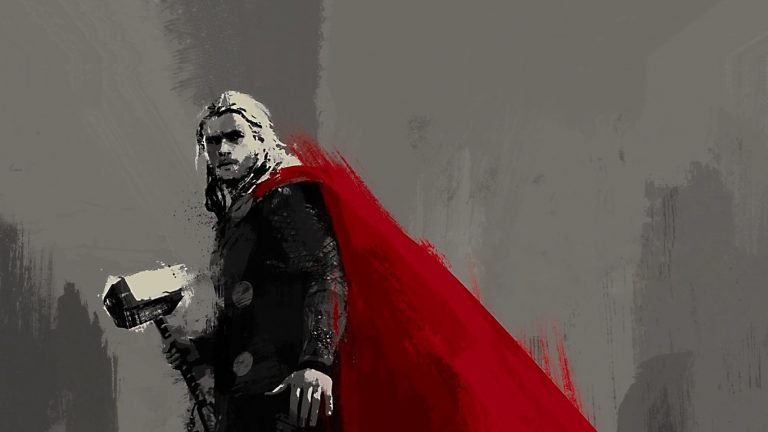Zoe Eisenberg’s Hawaiʻi-set “Chaperone” feels like a film from a bygone era where characters could exist without being affected by the mounting fears of capitalism. They didn’t need to do anything exceptional to be considered worthy of anyone’s time, love, or belonging. That’s likely because Misha (Mitzi Akaha), the lead character of Eisenberg’s film, seems frozen in time from her past, when she could afford to be reckless without worrying much about repercussions.
The film shows her hoping to piece her life together as a 29-year-old woman, working at a dead-end job with no sense of direction or motivation. She is so comfortable with what she has that she doesn’t look further or dig deeper.
In Misha’s case, that isn’t necessarily a virtuous self-contentment. Instead, it’s the comfort of her present life that she hesitates to leave behind. She has a house of her own and a job where she won’t be fired or replaced, no matter how long she decides to work there. Her life isn’t bound to the pressure of capitalism. So, it feels liberating to see her do what she wants without a care in the world. Which circles back to why Chaperone feels like a relic of a not-so-distant era—when films about young adults still hinged on choices driven by curiosity and passion rather than the calculus of profit.
Think of “Frances Ha” or even the early 2000s films like “Funny Ha Ha” or “Puffy Chair.” You see their 20-something characters having lengthy, meandering discussions over drinks that rarely touch upon their work. Even when they did discuss their work, they focused on the quality of their jobs — not the targets in their professional life, how much it pays, or how important their position is. So, their conversations never turned into d-measuring contests to prove superiority.
Eisenberg’s film trades in a similar vein, where the anxieties she explores are almost entirely driven by Misha’s need for self-fulfillment. Even the external factors that guide her journey have next to nothing to do with profit. It’s about self-perception and an innately human need to be loved, accepted, and valued by someone beyond yourself. That isn’t the easiest to achieve in the case of someone like her, who doesn’t need to worry about not getting a promotion or a pay-raise bump because of their generational assets. It isn’t easy for a filmmaker to make you empathize with such a character, either, who may be deemed unlikable otherwise.

Eisenberg manages it seamlessly through her script as well as her direction, bringing us closer to Misha’s anguish one beat at a time. Her film is breezy and captivating, even if it is mainly about Misha’s mounting alienation from feeling left behind by her peers, who seem to be taking all the steps that someone her age should take. She is stuck in a rut, even if she doesn’t let it seem that way. We see her moving around the spaces freely, but her joy always has an undertone of melancholy. The script offers insights about her reluctance to grow out of her shell in a world being preserved not by reluctance but by restoration.
The film offers a cocktail of Misha’s emotions that is intoxicating but tragic, buoyant but laced with an underlying dread. It analyzes her need to turn back the clocks as she gets into a relationship with Jake (Laird Akeo) while holding on to some secrets, if not lies, through their time together. He allows her to feel at ease with being her mental age when reckless abandon didn’t feel out of character. As they grow closer, he lets her in on more significant parts of his life, whether getaway trips or celebrations. It all makes her feel valued in a way that she rarely gets to feel otherwise.
Eisenberg carefully unpeels Misha’s inward journey of her otherwise extroverted personality through its contemplative moments, but she doesn’t let it simply turn into a trip for validation. She balances it with a reality check while the character slowly comes to her senses in its late-coming-of-age journey. Even then, the film is rooted in her psychological rather than professional or financial quest, which makes it all the more affecting. The film trades on a potentially risky line with its premise of an age-gap romance, but doesn’t let it be about the resulting shame or regret of it all.
Instead, “Chaperone” is about forgiveness through accountability and about self-acceptance through a genuine desire for emotional growth. It’s this emotional core that makes the film so disarming, even if it follows a tale that has been told many times. It also helps that Mitzi Akaha rarely lets a moment go to waste while the camera hovers around her and captures any possible nuance of her face or her physique. We see her trying to hide her smile as Jake flirts with her after a brief encounter at her theater. We also see her looking away as she registers something she can’t change about herself.
Akaha’s brevity leads this refreshing film, letting us in on Misha’s highs and lows, making us genuinely care for her, even if it may not be the easiest thing to do so.
Also Read: 10 Films to watch if you like Frances Ha (2012)
Chaperone (2025) Movie Links: IMDb, Rotten Tomatoes, Letterboxd
Chaperone (2025) Movie Cast: Mitzi Akaha, Laird Akeo, Kano Goo, Krista Alvarez, Jessica Jade Andres, Ioane Goodhue
Chaperone (2025) Movie Release Date: | Runtime: | Genre:






![Border [2018]- ‘MAMI’ Review – A Grim Scandinavian Folktale](https://79468c92.delivery.rocketcdn.me/wp-content/uploads/2018/11/border_0HERO-768x384.jpg)

